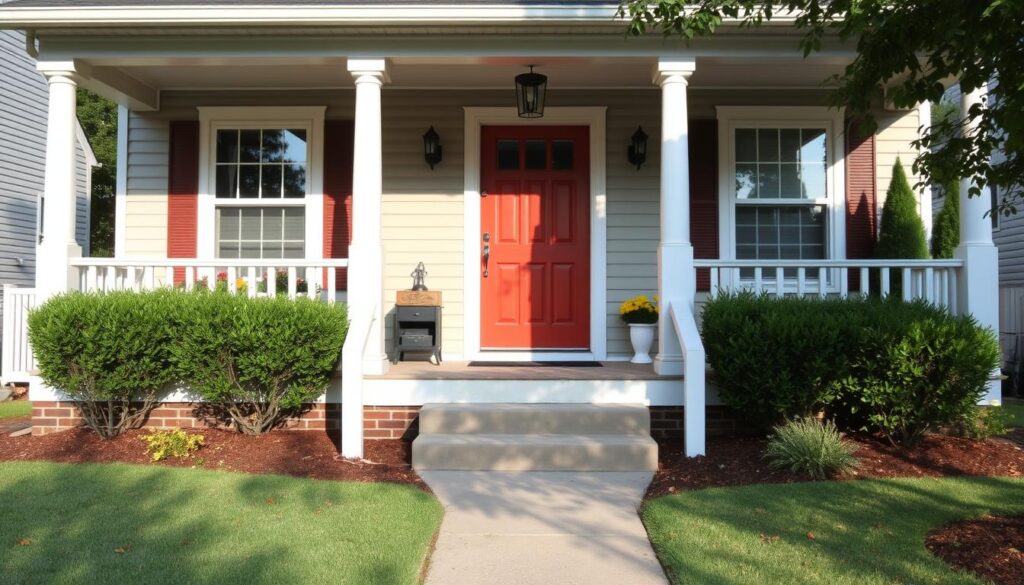Managing rental properties in New Jersey can be a rewarding yet challenging endeavor. One of the most critical aspects of being a successful landlord is effectively handling tenant disputes. Whether it’s a disagreement over rent, property maintenance, or lease terms, knowing how to resolve conflicts can save time, money, and stress. In this comprehensive guide, we’ll explore proven strategies for handling tenant disputes in New Jersey rentals, ensuring a smooth and harmonious landlord-tenant relationship.
Understand New Jersey Landlord-Tenant Laws
Before diving into dispute resolution strategies, it’s essential to have a solid understanding of New Jersey landlord-tenant laws. Familiarize yourself with the New Jersey Department of Community Affairs (DCA) regulations, which govern issues like security deposits, rent control, and eviction procedures. Staying informed about these laws can help you handle disputes legally and fairly.
Key Legal Points to Know:
- Security Deposits: New Jersey law requires landlords to return the security deposit within 30 days of lease termination, minus any deductions for damages.
- Evictions: Eviction in New Jersey must follow a strict legal process. Landlords must provide notice and, in most cases, file a lawsuit to remove a tenant.
- Rent Increases: Rent control ordinances vary by municipality. Make sure to understand the specific rules in your area.
Maintain Clear Communication
Effective communication is the cornerstone of dispute resolution. From the outset, establish open and transparent lines of communication with your tenants. Clearly outline expectations, rules, and responsibilities in the lease agreement. Regularly check in with your tenants to address any concerns before they escalate into disputes.
Tips for Clear Communication:
- Written Agreements: Always use written agreements for lease terms, repairs, and other important matters. This creates a clear record of what has been agreed upon.
- Prompt Responses: Respond to tenant inquiries and complaints promptly. This shows that you take their concerns seriously.
- Regular Updates: Keep tenants informed about property maintenance, changes in policies, or any other relevant updates.
Implement a Fair Dispute Resolution Process
Having a structured dispute resolution process in place can help manage conflicts efficiently. This process should be outlined in the lease agreement and communicated to tenants from the beginning.
Steps to Implement:
- Initial Discussion: Encourage tenants to discuss their concerns with you directly. Often, a simple conversation can resolve the issue.
- Mediation: If the initial discussion doesn’t resolve the dispute, consider mediation. Mediation involves a neutral third party who helps both sides reach a mutually acceptable solution.
- Legal Action: As a last resort, legal action may be necessary. Ensure you follow all legal procedures and document all communications and actions taken.
Keep Detailed Records
Documentation is crucial in resolving tenant disputes. Keep detailed records of all interactions with tenants, including emails, phone calls, and maintenance requests. This documentation can serve as evidence if a dispute escalates to legal action.
What to Document:
- Lease Agreements: Include all signed lease agreements and any amendments.
- Payment Records: Keep track of rent payments, including dates and amounts.
- Maintenance Logs: Record all maintenance requests and the actions taken to address them.
- Communication: Save copies of all written communications with tenants.
Address Maintenance Issues Promptly
One of the most common sources of tenant disputes is property maintenance. Addressing maintenance issues promptly can prevent small problems from becoming major conflicts.
Best Practices for Maintenance:
- Regular Inspections: Conduct regular property inspections to identify and address maintenance issues proactively.
- Timely Repairs: Respond to maintenance requests promptly and keep tenants informed about the status of repairs.
- Professional Services: Hire professional contractors for repairs and maintenance to ensure quality work.
Handle Rent Payment Issues Tactfully
Rent payment disputes can be particularly contentious. Establish clear rent payment policies and address payment issues tactfully to maintain a positive landlord-tenant relationship.
Strategies for Handling Rent Issues:
- Clear Policies: Outline rent payment terms, due dates, and late fees in the lease agreement.
- Reminders: Send rent reminders before the due date to help tenants stay on track.
- Payment Plans: In cases of financial hardship, consider offering a payment plan to help tenants catch up on missed payments.
Know When to Seek Legal Advice
While many disputes can be resolved through communication and mediation, some situations may require legal intervention. Knowing when to seek legal advice can protect your interests and ensure compliance with New Jersey laws.
Situations Requiring Legal Advice:
- Eviction Proceedings: If you need to evict a tenant, consult a lawyer to ensure the process is handled correctly.
- Serious Lease Violations: For significant lease violations, such as illegal activities on the property, legal advice can help you navigate the situation.
- Unresolved Disputes: If a dispute cannot be resolved through other means, a lawyer can provide guidance on the best course of action.
Conclusion
Handling tenant disputes in New Jersey rentals requires a proactive and informed approach. By understanding the legal framework, maintaining clear communication, implementing a fair dispute resolution process, keeping detailed records, addressing maintenance issues promptly, handling rent payment issues tactfully, and knowing when to seek legal advice, you can effectively manage conflicts and maintain a positive landlord-tenant relationship.
Remember, the key to successful dispute resolution is to address issues early and with a focus on fairness and transparency. By doing so, you can minimize the impact of disputes on your rental business and create a harmonious living environment for your tenants.






